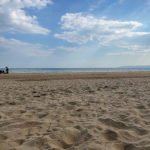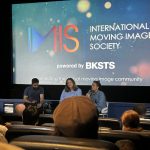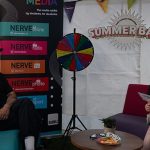When most people think of university assignments, the image that often comes to mind is the classic essay: a few thousand words, properly referenced, and submitted by a looming deadline. While essays still play an important role – especially in subjects like History – the reality of university coursework is far more diverse and creative than many expect. Over the course of my History degree at Bournemouth University, I’ve encountered an exciting mix of assignment types that have developed different skills, challenged my thinking, and made learning feel dynamic.
Of course, traditional essays and exams are still key components of assessment. They’ve taught me how to construct arguments, think critically, and delve deeply into primary and secondary material – all of which are skills valued by employers. But beyond those familiar formats, our modules have pushed us into more imaginative territory.
One of the most memorable experiences was designing a historical board game. This combined historical content with creativity and game mechanics. This assignment challenged us to consider history in the public domain, i.e. how can you teach players about historically rooted events whilst keeping them entertained? It was both a test of our historical knowledge and our ability to think laterally, to imagine how learning might happen through play.
Another unexpected assignment was the task of conducting an oral history interview. Under the years’ project theme ‘Democracy in Action’, I spoke with the former chairman of BCP council. With over 50 years experience in retail, I explored how student populations have influenced Bournemouth’s community landscape – especially with a high-street focus. This was not just about collecting facts – it was about listening, ethical considerations of research, and representing someone else’s voice respectfully. We then formed groups of 4 to create a “mock” podcast – once again displaying how history is shared with the public in accessible ways.
We also took a hands-on approach to the past by imitating a 19th- and 20th-century American newspaper. This involved writing articles in period style, considering language, format, and contemporary perspectives. It was a fun, immersive way of understanding how public opinion was shaped and how historical narratives were formed in real time.
These varied assessments aren’t just about making learning more enjoyable—they develop practical and transferable skills. From communication and collaboration to digital literacy and public engagement, each type of assignment prepares us for different kinds of futures, whether within academia or beyond.
And it’s not just History students who benefit from this variety. Friends studying Archaeology and Anthropology, for example, complete a five-week field dig as part of their degree. It’s an intensive, physically demanding, and deeply rewarding assignment where theory meets practice quite literally in the ground. These fieldwork experiences are vital for developing professional skills and applying classroom knowledge to real-world contexts.
In short, university assignments today are much more than just writing essays. They’re about exploring, creating, and engaging with academia, and the world, in ways that are often surprising and always enriching. If you’re considering university, know that you’re in for a varied and stimulating academic journey.

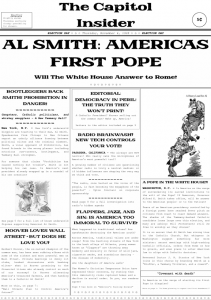
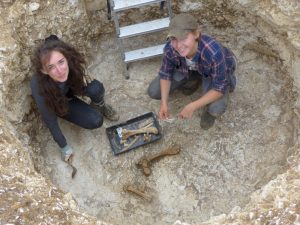

 Going to university with Type One Diabetes
Going to university with Type One Diabetes What lectures look like at BU
What lectures look like at BU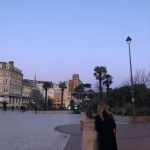 My BA (Hons) sociology experience
My BA (Hons) sociology experience